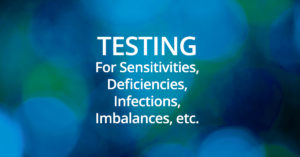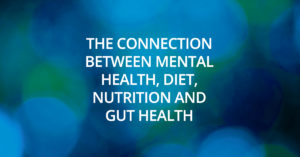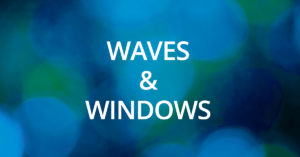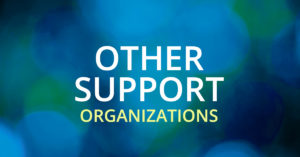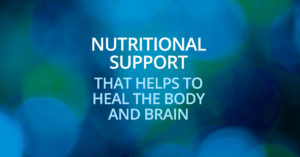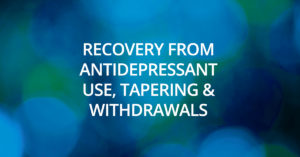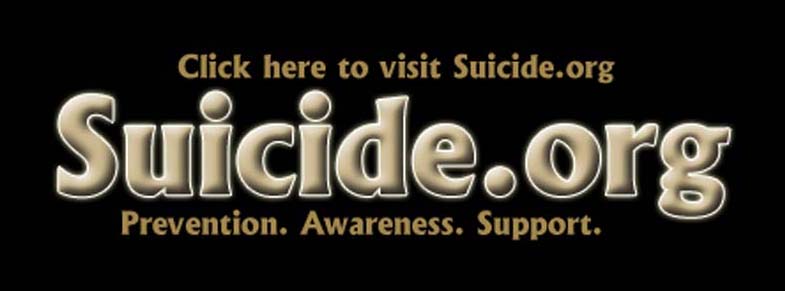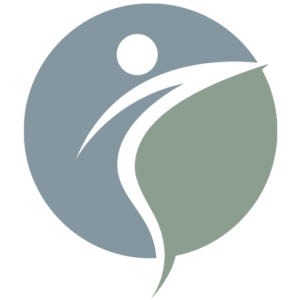DISCLAIMER: THIS IS NOT MEDICAL ADVICE! We do not employ doctors or licensed medical professionals, so we do not provide medical advice. Nothing presented here is a substitute for the advice of a DOCTOR or other licensed health care provider. Never stop, start or add medications or supplements to your health or mental health care regime without first checking for interactions or other problems, and thoroughly researching the substance. Before you employ any information here, consult your health care professional. No information here is the result of valid clinical trials.
Managing Withdrawal Symptoms
(Natural and Over the Counter)
DISCLAIMER: This information is based on research from the Internet, books, articles and studies and/or companies selling herbs online. Statements have not necessarily been evaluated and should not be considered as medical advice. These products are not intended to diagnose, treat, cure or prevent any illness or disease. For diagnosis or treatment consult your (qualified) physician.
Table of Contents
Tapering Slowly
We recommend you start with decreases of 5% or less, holding 14 days or more between decreases. This can significantly minimize withdrawal symptoms. It also reduces the risk of developing Protracted Acute Withdrawal syndrome (PAWS).
We suggest you start at 5% and hold the first decrease for 3-4 weeks. This helps your brain adjust.
After the first decrease, the hold time may be shortened but no less than 14 days.
10% is far too aggressive for most people. It is only recommended in a few special cases.
Overall Help
NUTRITION: (also see the section on pain)
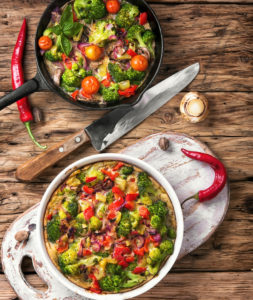
- During withdrawal we may suffer anxiety, irritability, anger, rage, cravings (sugar, food, alcohol), fatigue, and extreme hunger.
- These may be caused by blood sugar fluctuations and nutrient depletion. (magnesium and B vitamins.)
- Schedule 5 small, protein-rich meals each day. Having protein snacks on hand can help to keep blood sugar level.
- Try to keep your hormones stable: avoid soy protein. There are many plant-based (non-soy, non-dairy, non-meat) sources of protein.
- Try to keep your blood sugar stable. Cut out sugar, dairy, sweeteners, alcohol, simple carbs and anything that converts directly to sugar when digested. Try to stop smoking: nicotine also causes rapid spikes and dips in blood sugar.
There are lots of links and details here: Nutritional Support that Helps to Heal the Body and Brain
HYPOGLYCEMIA (low blood sugar) can cause major problems. Try these suggestions:
- Adopt a clean, anti-inflammatory, alkaline-forming diet.
- Avoid processed, fast food, pre-packaged foods.
- Eat organic, fresh, non-gm foods.
- Take Omega 3 (fish or flax seed oil)
- Take magnesium. Some people have found soaking in a tub with magnesium flakes can help.
- Drink filtered water
- Try using essential oils - (brands such as Young Living, doTerra)
- Take good quality vitamins and minerals. For example: ProHealth brand - Super Multiple II
- Drink noni juice or cherry juice - but avoid artificial sweeteners and preservatives.
- Take good quality probiotics
- Try cultured and fermented foods and drinks
This article has a vast range of information:
Conquering Anxiety, Depression and Fatigue Without Drugs - the Role of Hypoglycemia
Fighting ANXIETY: Diet and gut health are key. So are these:
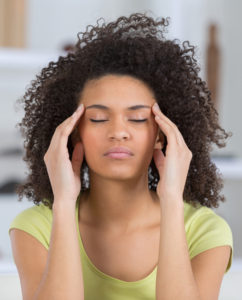
- Aroma Therapy
- Yoga, T'ai Chi, Qigong
- Meditation
- Breathing Exercises
- Cognitive Behavioral Therapy (CBT) and (DBT)
- Eye Movement Desensitization and Reprocessing (EMDR)
It is also worth looking at these links:
- 5 Natural Ways to Kick Anxiety
- A Vagus Nerve Survival Guide to Combat Fight-or-Flight Urges
- Longer Exhalations Are an Easy Way to Hack Your Vagus Nerve
- Diaphragmatic Breathing Exercises and Your Vagus Nerve
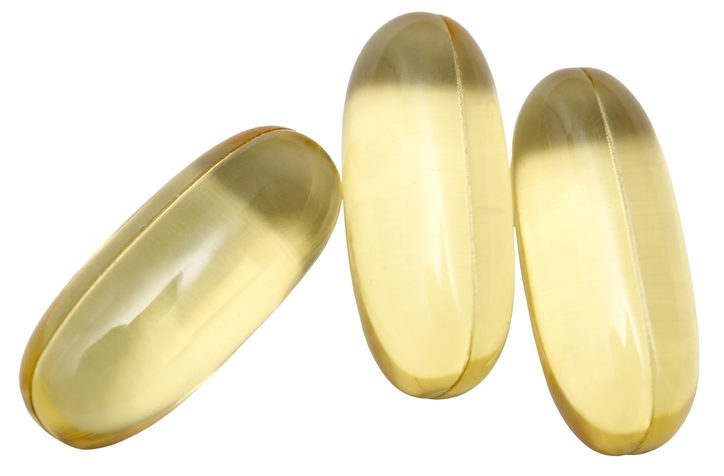 BRAIN AND BODY ZAPS
BRAIN AND BODY ZAPS
- Omega 3s - fish or flax seed oil
- Foods High in Omega 3s
- Magnesium
CONSTIPATION: (introduce these SLOWLY until the desired results are achieved)
- Prunes, Raisins, Dates, Figs, other Fruits and Berries
- Fruit Juice
- Spinach
- Lemon and Lime in filtered water
- Linseed Oil
- Hot Tea/Hot Water
- Aloe Vera Juice (can cause diarrhea)
DEPRESSION: Diet and gut health are key to fighting depression.
- Niacin (Start with very small doses. Niacin can produce an uncomfortable "flush".)
- Cashews (yes, cashews)
- Sunshine - 20 minutes daily
- Light exercise as tolerated, yoga, T'ai Chi, Qigong, gentle stretching, aqua workouts, walking
- SAD Light box
- Cognitive Behavioral Therapy (CBT)
One member had this to say regarding CBT VS. DBT:
KATHLEEN ROSE:
"To my knowledge, CBT is based around 12 or so Cognitive Distortions. "All or Nothing Thinking" "Personalization" etc. However, DBT is based around Modules like Distress Tolerance, Emotional Regulation, Effectiveness, and Mindfulness. We learn very specific skills to use as tools. There are many skills in each module. It is basically Applied Buddhism, if you will. The enforced daily practice of the skills includes a method of rating the effectiveness of the skill in regulating the intensity of the emotion. All emotional expressions are encouraged, the key is not suppression but skilful EFFECTIVE emotional regulation and distress tolerance. So you can choose HOW you respond based on your own values and standards of effectiveness, not on a judgement of "right vs wrong." Even in the throes of withdrawal rage, I can use a DBT skill that might have only an effectiveness of 5%, but it's better than nothing - or even worse, without the use of the skill there is the risk of a negative effectiveness like the risk of acting on suicidal ideation."
Expert on Mental Illness Reveals Her Own Fight
DETOX
- 23 Great Ways to Painlessly Cleanse Your Whole Body:
- HOWEVER: Detoxing while in withdrawal is not recommended because it can be harsh on an already compromised system and produce even more uncomfortable physical symptoms. Many detoxes produce a "flush" which stirs up toxins and causes abdominal distress. The cleanses are best saved for after you are stable and off antidepressants. While in withdrawals, the best way to begin detoxing is to eat clean, remove refined foods from the diet, and eat liver-cleansing foods.
DIZZINESS/VERTIGO
HEADACHE
Do try these:
- Yoga, supplements, essential oils and dietary modifications are all natural, safe and effective ways to reduce headache symptoms.
- Stay hydrated
- Magnesium
- Get plenty of sleep
- Essential Oils (peppermint on temples, lavender inhaled)
- B-Complex Vitamins
- Cold compress
- Coenzyme Q10 (only AFTER a taper)
- Yoga
- Acupuncture
- Gentle Exercise (go for a walk)
Avoid these:
- Alcohol
- Foods high in histamine (aged cheeses, fermented food, beer, wine, smoked fish and cured meats, etc.)
- Foods containing nitrates and nitrites (hot dogs, sausages and bacon).
- Strong smells
Try an elimination diet to see if you have food sensitivities or allergies. (Aged cheese, alcohol, chocolate, citrus fruits and coffee are known to trigger headaches and migraines.)
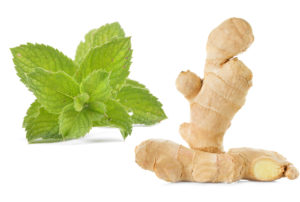
INDIGESTION
If tapering, take doses and eat some applesauce, and stay away from any dairy products.
- Ginger
- Peppermint
INFLAMMATION: Anti-inflammatory agents can interact with antidepressants.
Several herbs and spices contain the same active ingredients as many of the prescribed anti-inflammatory medications.
Herbs and spices that may have anti-inflammatory properties include:
- Arnica Montana (used topically)
- Turmeric
- Willow Bark
- Ginger (250mg)
- Rosemary
- Cinnamon
INSOMNIA
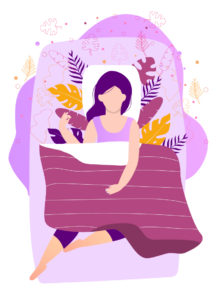
- Magnesium & calcium
- Nutmeg
- Noni juice
- Passion flower tablets
- Turn off all lights
- Epsom salt soak
- Aroma therapy with essential oils
- Meditation
- Breathing exercises (counted breathing)
- Raw Honey
- White noise or therapeutic music
- Zinc and magnesium
- Avoid sugar, caffeine and alcohol
- Remove electronic stimulants (TV, computer, cell phone, etc) for a couple of hours before bedtime.
More helpful links for sleep issues:
- It Gets Better
- Best Herbal Tea for Deep Sleep
- Zen Ocean Waves - Deep Relaxation, Meditation & Sleep - Aquatic Dream Therapy
NERVE PAIN/NEUROPATHY
PAIN: (see also NERVE PAIN/NEUROPATHY)
Diet is one of the most effective ways to fight pain and inflammation:
- Anti-inflammatory diet
- Turmeric
- Golden milk
- Ginger
- Cinnamon
- Tart cherry juice
- Cayenne (if you tolerate nightshades)
- Magnesium
- Epsom Salt soaks
- Essential oils applied topically (peppermint, wintergreen)
- Arnica cream
- Massage
- Acupuncture
- Adventures in Natural Pain Relief
RAGE: (See above: Nutrition)
- Schedule 5 small, protein-rich meals each day.
- Try to keep your hormones stable: avoid soy protein.
- Try to keep your blood sugar stable. Cut out sugar, dairy, sweeteners, alcohol, simple carbs and anything that converts directly to sugar when digested.
- Try to stop smoking.
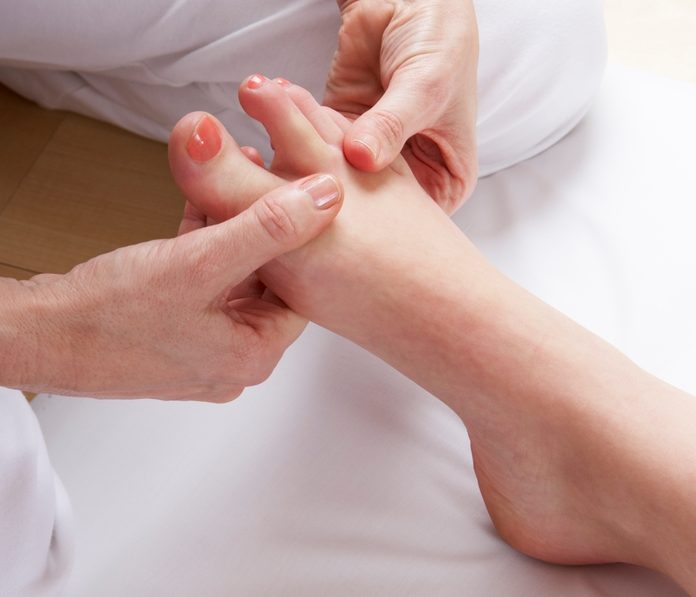
RESTLESS LEGS
- Reflexology
- Trace mineral and electrolyte drops (added to water)
- Magnesium oil (applied topically)
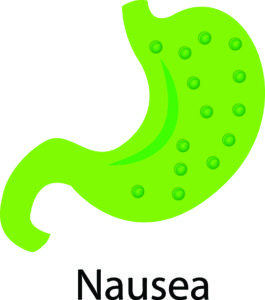 Stomach/Nausea
Stomach/Nausea
- Aloe Vera juice (Introduce slowly: it can cause diarrhea.)
- Certain teas: chamomile, ginger, mint and 0olong, lemon balm
- Ginger root
- Peppermint
- Sea Bands
Additional Notes
- CAUTIONARY WARNING: Be very cautious of any doctor prescribing psychotropic drugs for a sleep condition. There are many natural things that work.
- Only take Valerian Root and Melatonin after you have FINISHED tapering and are not taking any psychotropic drugs.
- THE DANGERS OF SLEEPING PILLS
- Sleeping Pills Linked to Almost Fourfold Increase in Death Risk
- Krista Orrechio is a nutritionist and recommends these vitamins and supplements. (This is not an endorsement of the products, just an idea of ones available).
CHW Testing
All Pharma drugs affect all organs and some can mask underlying root health problems. Mental health, autoimmunity and chronic pain symptoms may be caused by toxicities, sensitivities, deficiencies, infections, imbalances (hormone, thyroid, pituitary, adrenal), physical or emotional trauma, genetic factors, system overloads (mycotoxins), poor coping skills or leaky gut/poor gut health.
Read MoreCHW The Connection Between Mental Health, Diet, Nutrition and Gut Health
Diet, nutrition, and chronic systemic inflammation are linked to health and mental health disorders such as anxiety, depression, bipolar, and even schizophrenia. Below are links to articles that discuss this promising way to naturally address these conditions.
Read MoreCHW Waves & Windows
DISCLAIMER: THIS IS NOT MEDICAL ADVICE! We do not employ doctors or licensed medical professionals, so we do not provide medical advice. Nothing presented here is a substitute for the advice of a DOCTOR or other licensed health care provider.…
Read MoreCHW Other Support Organizations
DISCLAIMER: THIS IS NOT MEDICAL ADVICE! We do not employ doctors or licensed medical professionals, so we do not provide medical advice. Nothing presented here is a substitute for the advice of a DOCTOR or other licensed health care provider.…
Read MoreCHW Nutritional Support that Helps to Heal the Body and Brain
The connection between mental health, diet, nutrition and gut health. Diet, nutrition, and chronic systemic inflammation are linked to health and mental health disorders such as anxiety, depression, bipolar, and even schizophrenia.
Read MoreCHW Recovery from Antidepressant Use
This file contains links to the most important files on RECOVERY. We highly recommend printing
out files for quick reference, and then highlighting the areas that are important to your needs.
Looking for help with something?
Search our site below...
Please take the time to report your adverse symptoms from Cymbalta and Cymbalta withdrawal to the FDA. Call 1-800-332-1088 ![]()
© 2019 Healing America Now

